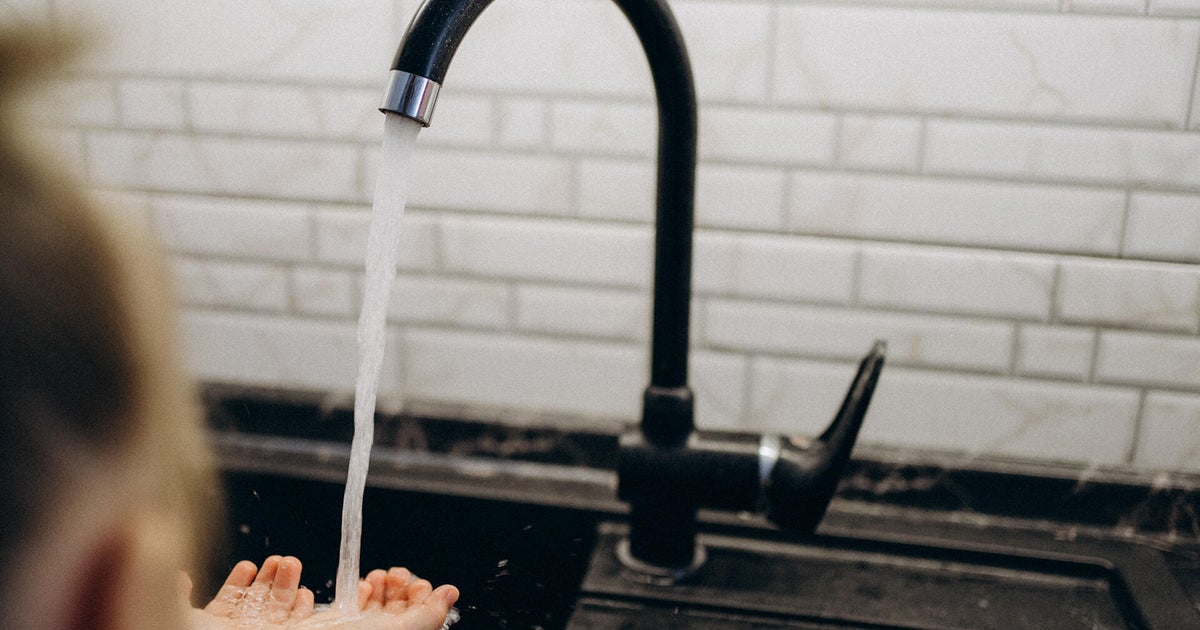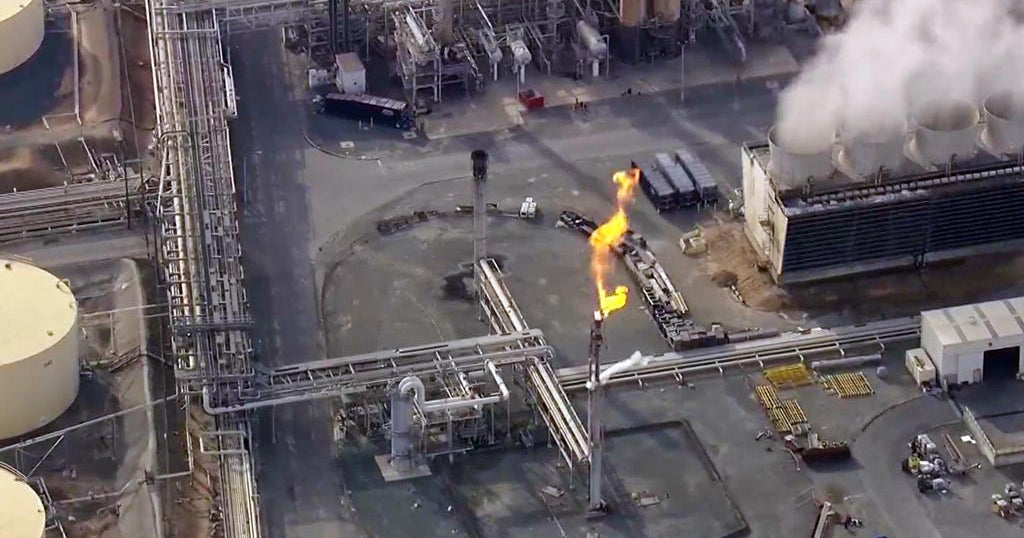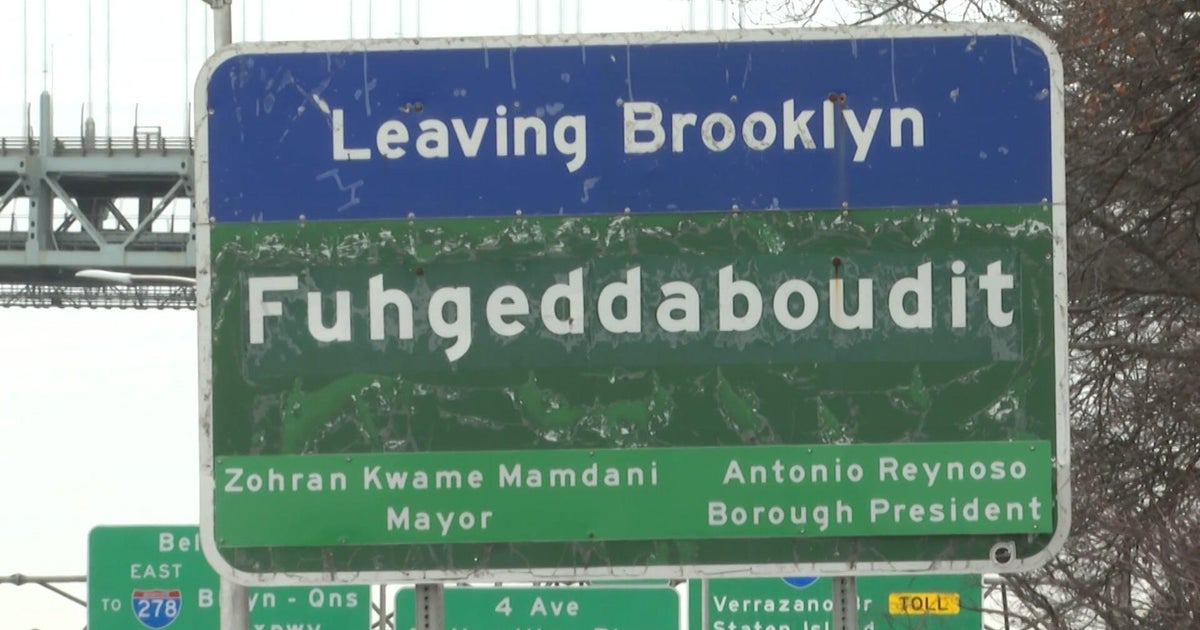New Study Says Chicken Manure Runoff Too Much For Chesapeake Bay
BALTIMORE (WJZ)—A fight to protect the water. Environmentalists say chicken manure is ruining the Chesapeake Bay.
Weijia Jiang explains.
A new study shows Maryland produces enough chicken manure to create a pile twice as high as M&T Bank Stadium. Environmentalists say much of that pollutes the water.
It's Maryland's most money-making form of agriculture, but chicken farming produces something else: nearly 650 million pounds of manure every year--most of it is used as fertilizer. Activists say there's not enough land to handle it all.
"So what we end up doing is putting it down on our fields anyway because we don't have anywhere to put it right now. That's a major problem. We need better regulations," said Megan Cronin, Environment Maryland.
Now the group Environment Maryland is pushing lawmakers to enforce stronger rules to control the litter, which contains high levels of phosphorus. That's a dangerous nutrient for waterways, where it often ends up.
"We need better business models and better management. We need a partnership with our agricultural producers," said Senator Roger Manno (D-Md.).
A just released study shows phosphorus levels in the Choptank River have increased by an average of 1.9 percent every year from 2000 to 2008. And more than 60 percent of soil samples in the state's crops have more phosphorus than they need.
Environmentalists say the runoff could not only destroy the waterways, but also the Maryland industries that rely on them to survive.
"We're talking about the crabbing industry, oysters, tourist industry if the Chesapeake Bay isn't clean enough," said Cronin.
That's because storm runoff carries the excess into streams, feeding algae blooms, which lead to dead zones.
Stricter guidelines for the poultry industry and better buffer zones could be the solution.
Organizations are also looking for creative outlets to deal with the problem. One firm just announced it will be building a power plant on the Eastern Shore to convert manure into electricity.
Right now the Maryland Department of Agriculture is considering new, stronger rules to clean up the pollution from farms.







